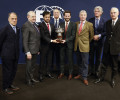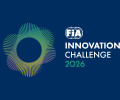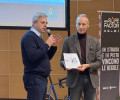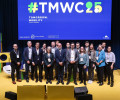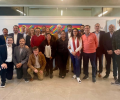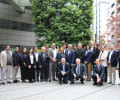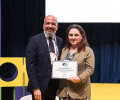FIA Workshops: Developing a State of Innovation
The first workshop of the 2017 FIA Mobility Conference revealed to Clubs the importance of developing strategies for innovation in order to create business models to ensure future sustainability
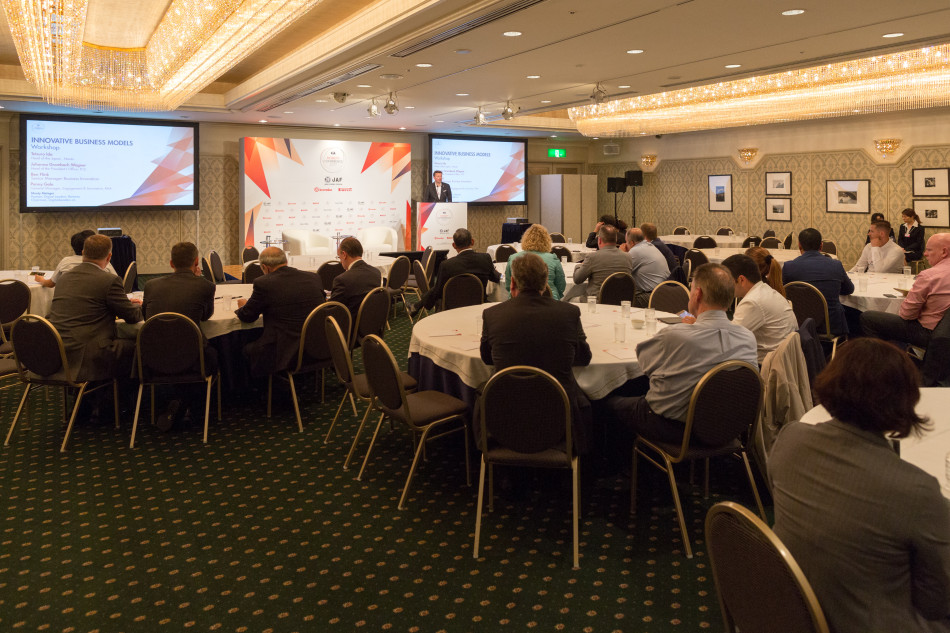
In the first part of the session, delegates were presented with two competing pitches from organisations looking to develop new businesses within the mobility sector.
The first came from Tetsuro Ida, Head of the Japanese subsidiary of Silicon Valley-based automotive AI company Nauto.
Nauto is an automotive data platform, powered by artificial intelligence and an after-market dual-camera device, which can equip any vehicle or fleet with sophisticated safety and networking features, such as the ability to detect distracted driving and provide constructive feedback to drivers.
Ida explained that the business model revolves around purchase of the base unit, plus a subscription to cover the LTE communication and server usage. Nauto has already been rolled out in the US and Japan, with a European launch in the pipeline.
The second innovation, presented by Johanna Grombach Wagner, Head of the President’s Office at Swiss Club TCS, was Carvelo2Go, a cargo bike-sharing scheme. She explained that the business was developed to service a niche involving the transportation of goods and internal factory transport of product, as well as for family use.
The service now exists in 10 cities and 12 villages across Switzerland, is available at 150 hire stations and has 5,000 users. The business model rests on bikes being available from small businesses which are not paid to have the bikes available but which benefit from having free use of the service for their own needs and also from increased footfall from Carvelo2Go customers visiting their premises. The service has an online booking engine, with bikes available for a small fee to subscribers who pay per year to use the service.
Delegates were then asked to vote for the innovation into which they would invest $100,000. The winner was Nauto, with 75% of the vote. The Carvelo2Go system was favoured by 25%, however, due to its applicability to the needs of specific Clubs and its scale.
Following the vote, Penny Gale of South Australia’s RAA explained to delegates how the Club had developed an innovation strategy based on a ‘three-horizon’ approach: 75% of effort was directed toward incremental improvement of product and services, 20% to evolutionary change, and 10% to disruptive innovation.
As groups, Clubs were then tasked with developing a new business model in nine minutes based around a simple, nine-point Business Model Canvas designed to encapsulate, on a single page, a new business proposition.

 Facebook
Facebook Twitter
Twitter
